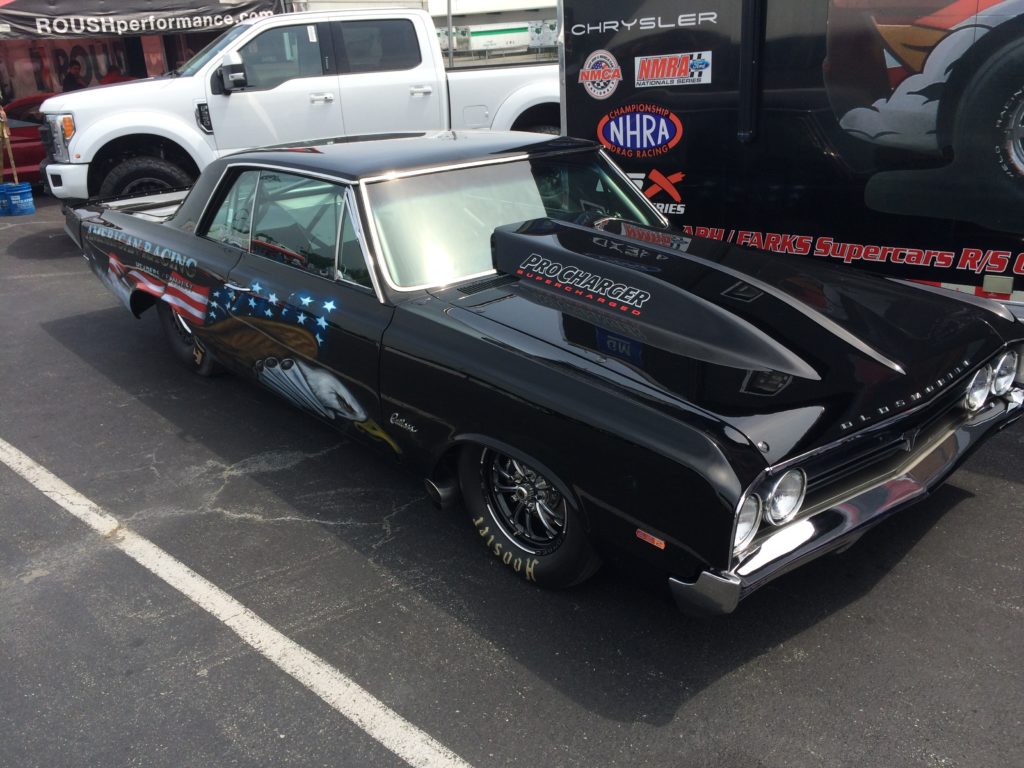
Presuming you’re the type of person who doesn’t enjoy excruciating muscle cramps, you probably make a point to hydrate before going on a long run, a bike ride, or engaging in other forms of strenuous exercise. The right balance of fluid is kind of important when it comes to keeping various bodily systems functioning optimally—especially when you’re pushing up against your physical limits.
Likewise, fluids are vital to the health, wellbeing, and overall performance of your vehicle, and there are even more considerations to take into account when that vehicle is used for competition. There are many systems in a race car that require regular fluid changes, and remembering to set your ride up with the right fluids is critical.
This article will give you some insight into how you can prepare. Let’s get into the different systems and what you should consider when choosing oils and fluids.
Racing Fuel
Depending on the type of racing you do, you may or may not have access to fuel at the track. Time spent at wide-open throttle burns through fuel pretty quick, so it’s a good idea to bring your own extra fuel.
Fuel should not be stored in a translucent container; instead, use a proper utility jug. If you’re running alcohol, it’s also a good idea to bring a can of top end lube with you. Lastly, high engine temps will bring on detonation sooner, which never ends well. Bringing along a good octane booster is cheap insurance.
Motor Oil
If you have a long race weekend, you may find your oil getting dirty or milky (as is the case with alcohol fuels). It’s a good idea to bring a good ZDDP enhanced oil with you to keep the engine topped off and happy. RTV isn’t a bad idea either, because you never know when something needs to come apart and get reassembled on the fly.
Engine Coolants and Additives
Power makes heat, and it’s up to your cooling system to keep it in check. Most tracks do not allow you to run antifreeze because it makes the track slick in the event of an oil down. Some racers believe that distilled water will reduce cooling system corrosion, but the problem is that the ions aren’t balanced and will attack the metal in your cooling system through electrolysis.
Soft water (demineralized) is a better option, as impurities and minerals are removed and the ions are balanced. It’s also a good idea to run a coolant additive, which aids in lubrication and contains corrosion inhibitors to combat rust and scale. Red Line Water Wetter is a popular option from our friends at Summit Racing that also can be used in plain water for better heat transfer. Evans NGP Waterless Coolant is another good option that offers a higher boiling point than water and is legal at most tracks.
Brake Fluids
If you’re into road racing or track days, you’re likely going to be bleeding brakes every couple sessions. High temp brake fluids have dry boiling points in the 570-600 degree range to reduce brake fade. The fluids are rated as DOT 3, DOT 4, DOT 5, and DOT 5.1. DOT 5 is silicon-based and non-hydroscopic, which is nice but not recommended for racing applications. Using Speed bleeders and a pneumatic brake bleeder makes this job quicker and more effective.
Transmission Fluid
If you will be changing converters at the track, it’s worth bringing ATF with you. Assuming you have a manual, it’s also a good idea to replace the transmission fluid if you’ve been grinding gears.
If you have a hydraulic throwout bearing, the system can be contaminated with clutch material, which impedes operation. Another thing to consider adding is a remote bleeder system to your throwout bearing that exits the bellhousing. If you don’t have that, using the turkey baster method to regularly siphon used fluid out of the master cylinder will suffice.
Gear Oil
Gear oils vary depending on the type of limited slip differential you have. Hopefully you don’t find yourself changing it out at the track, but if you do, remember to bring along a small bottle of friction modifier.
Power Steering Fluid
There’s a good chance power steering isn’t on your list of concerns at the track, but it’s doing a lot of hard work. The pump is heavily stressed from wide and near-instantaneous changes in rpm. Using synthetic power steering fluid is a good idea.
Cleaners and Degreasers
It’s hard to see out of a dirty windshield, so plan on bringing some glass cleaner. Engine degreaser is a major help when it comes to keeping chunks of dirt from entering the engine if you have to pull the intake or valve covers. Of course, a good brake cleaner is a mechanics go-to for just about everything.
If you’re running a carb, it’s not uncommon to get dirt stuck in the air bleeds. If your engine starts running erratically, grab a can of carb cleaner and spray them out. Lastly, be sure to clean yourself up after doing all of this work with proper hand cleaner.

Informative article. Thank you for sharing. Great reminders.